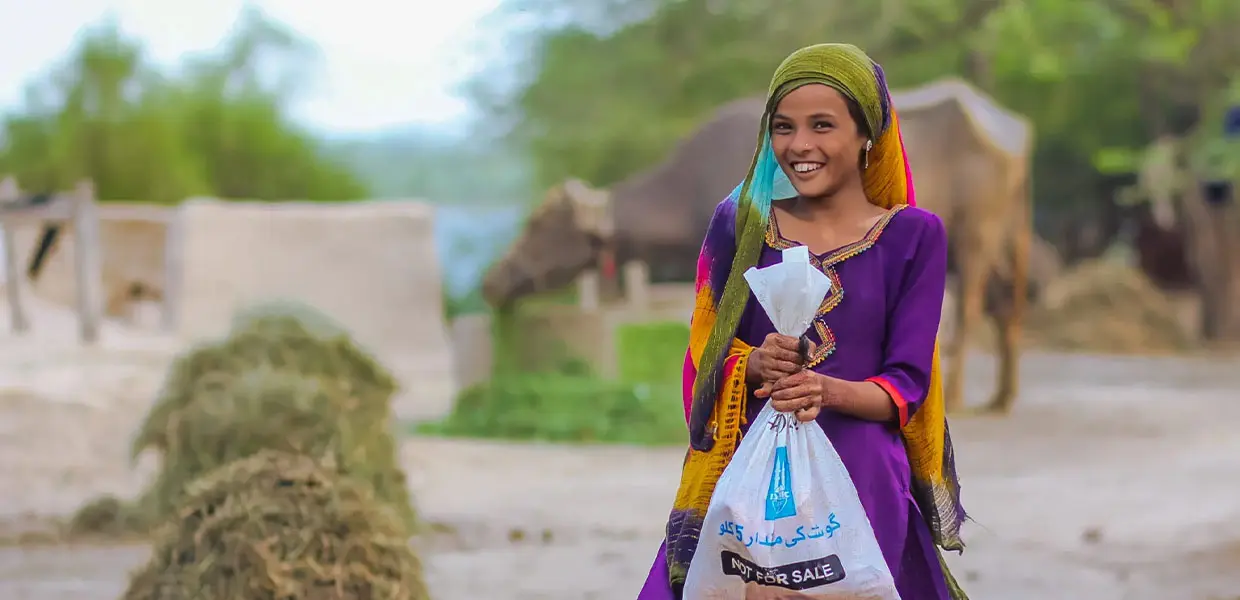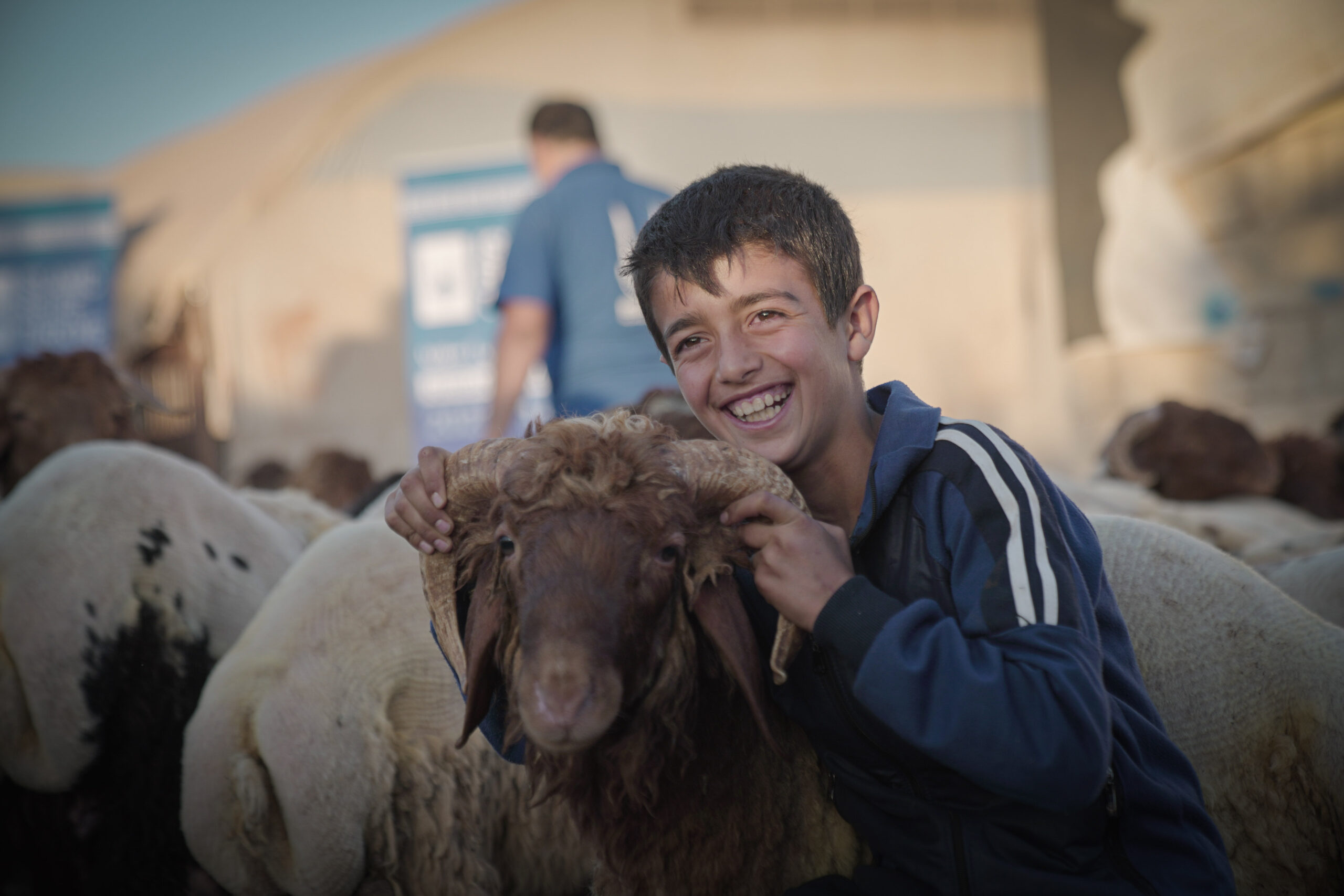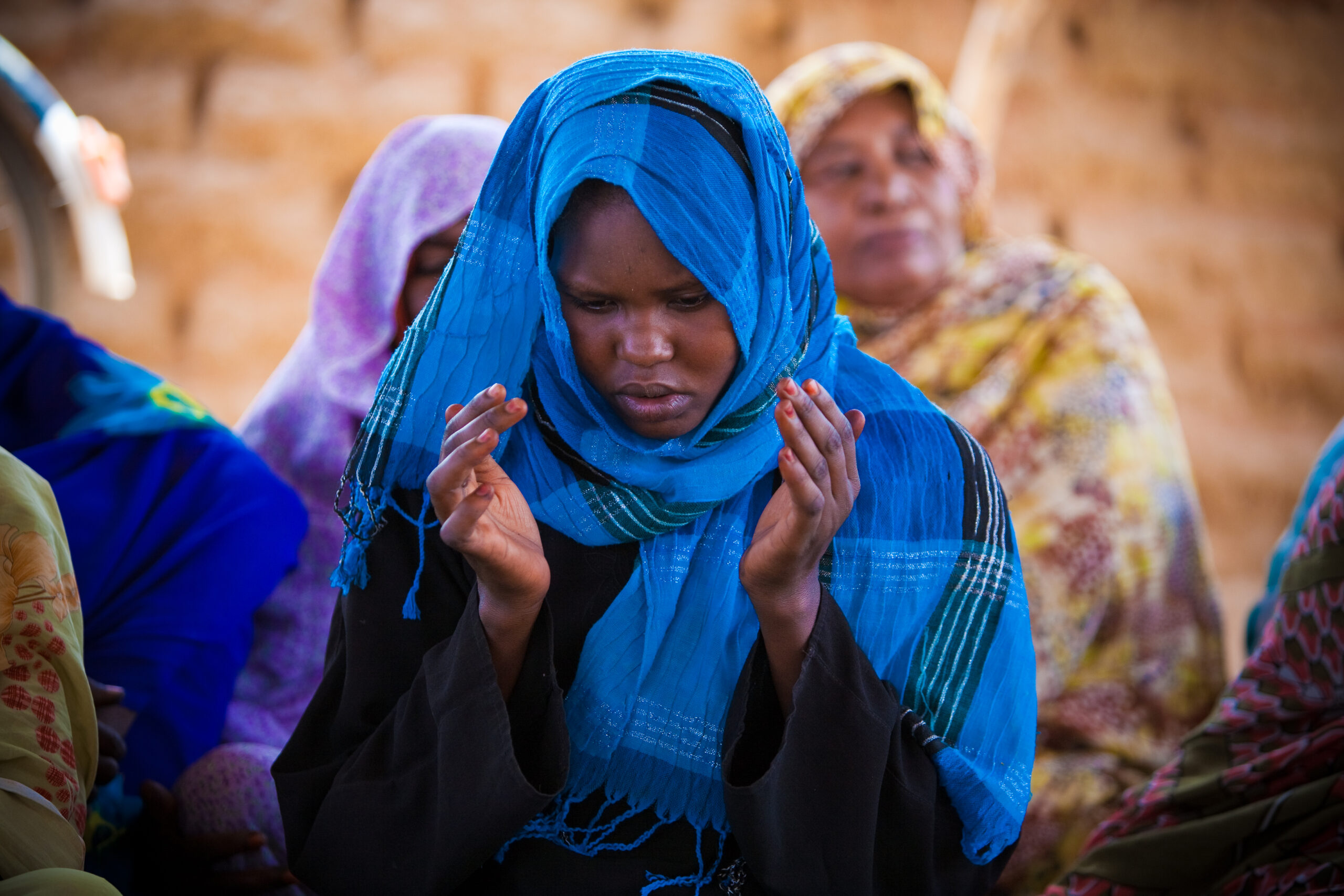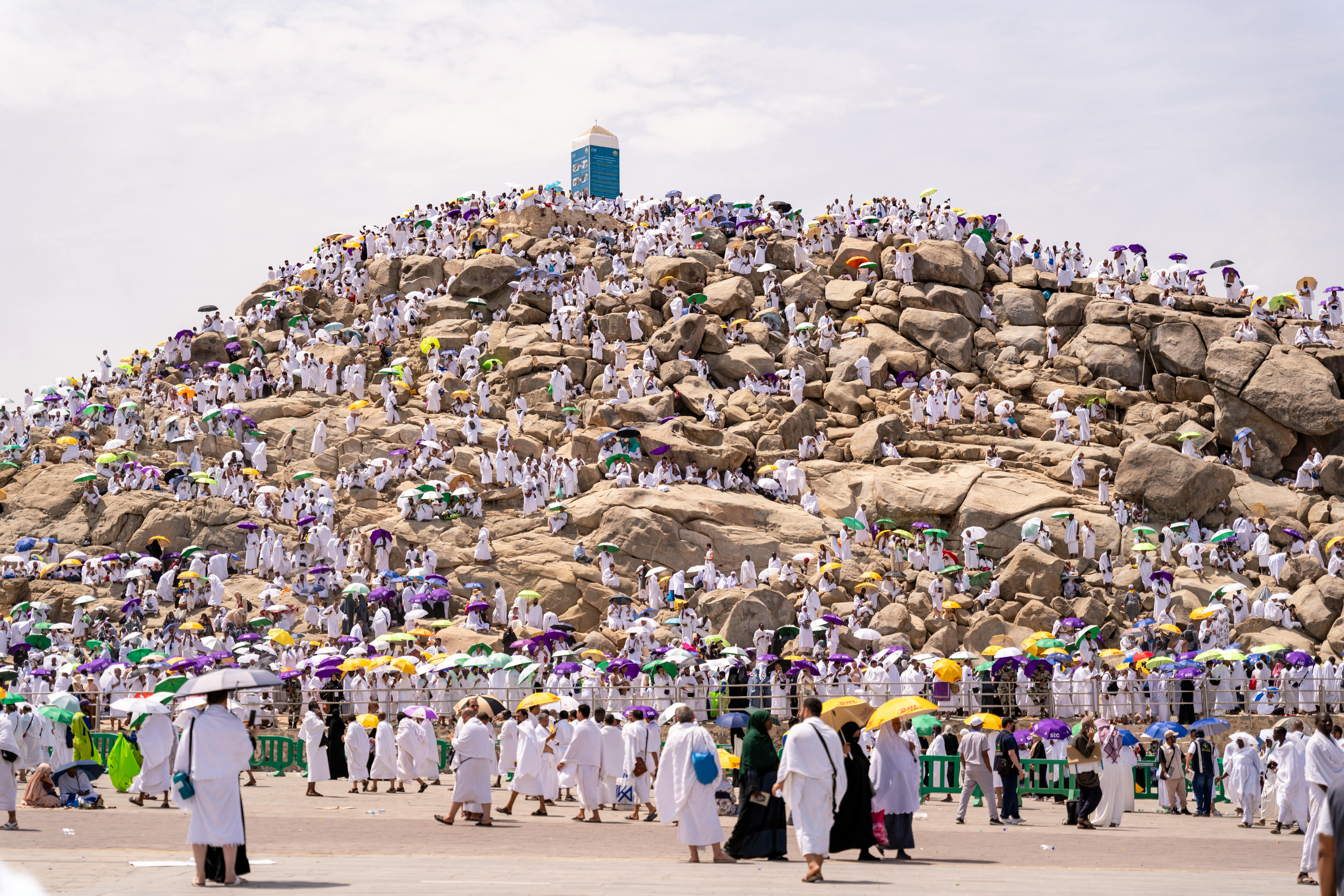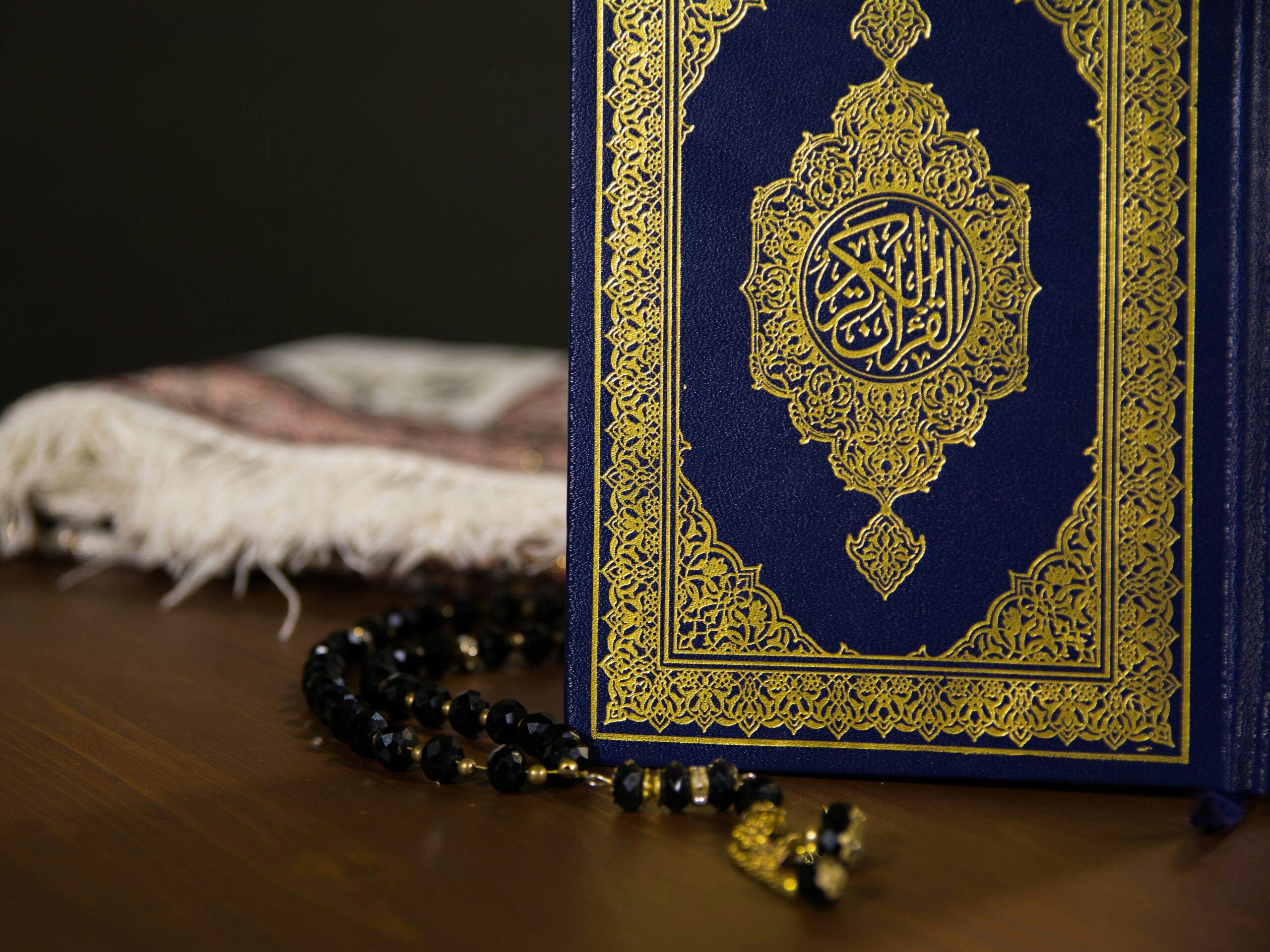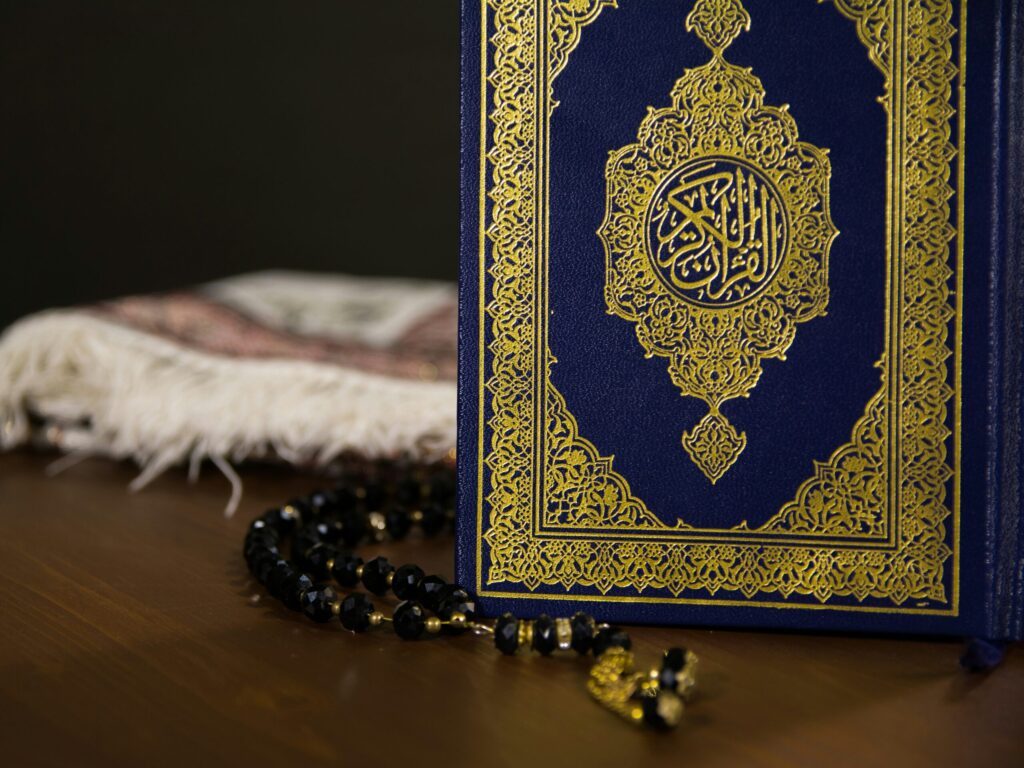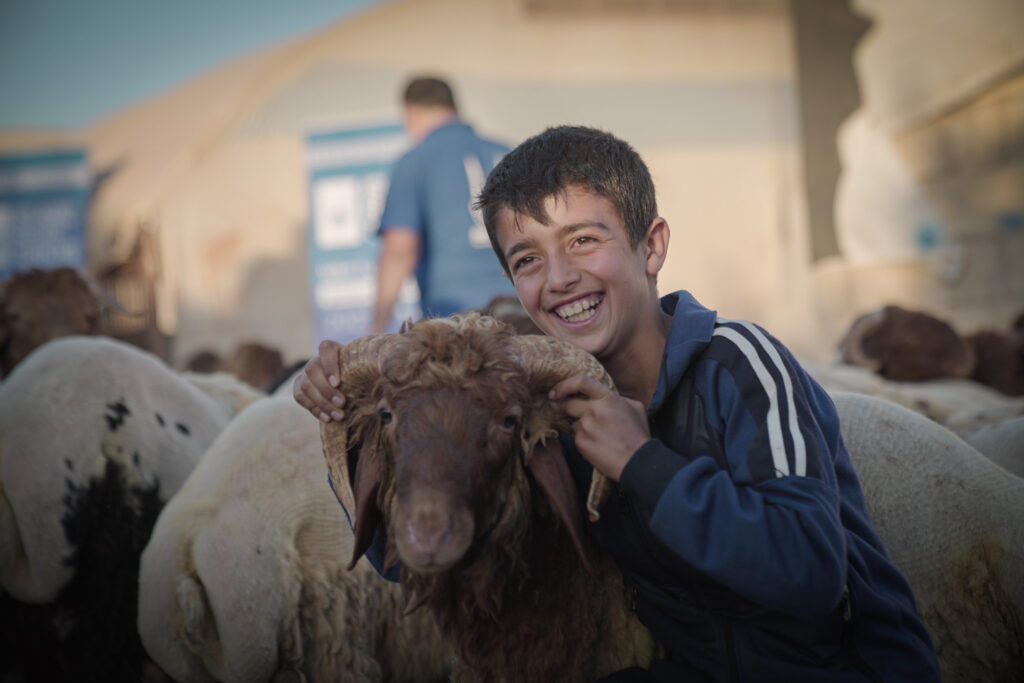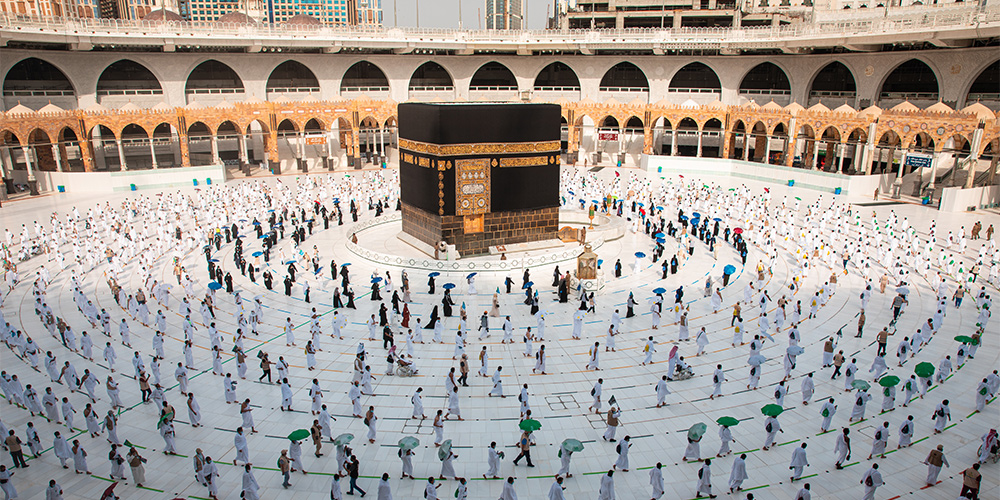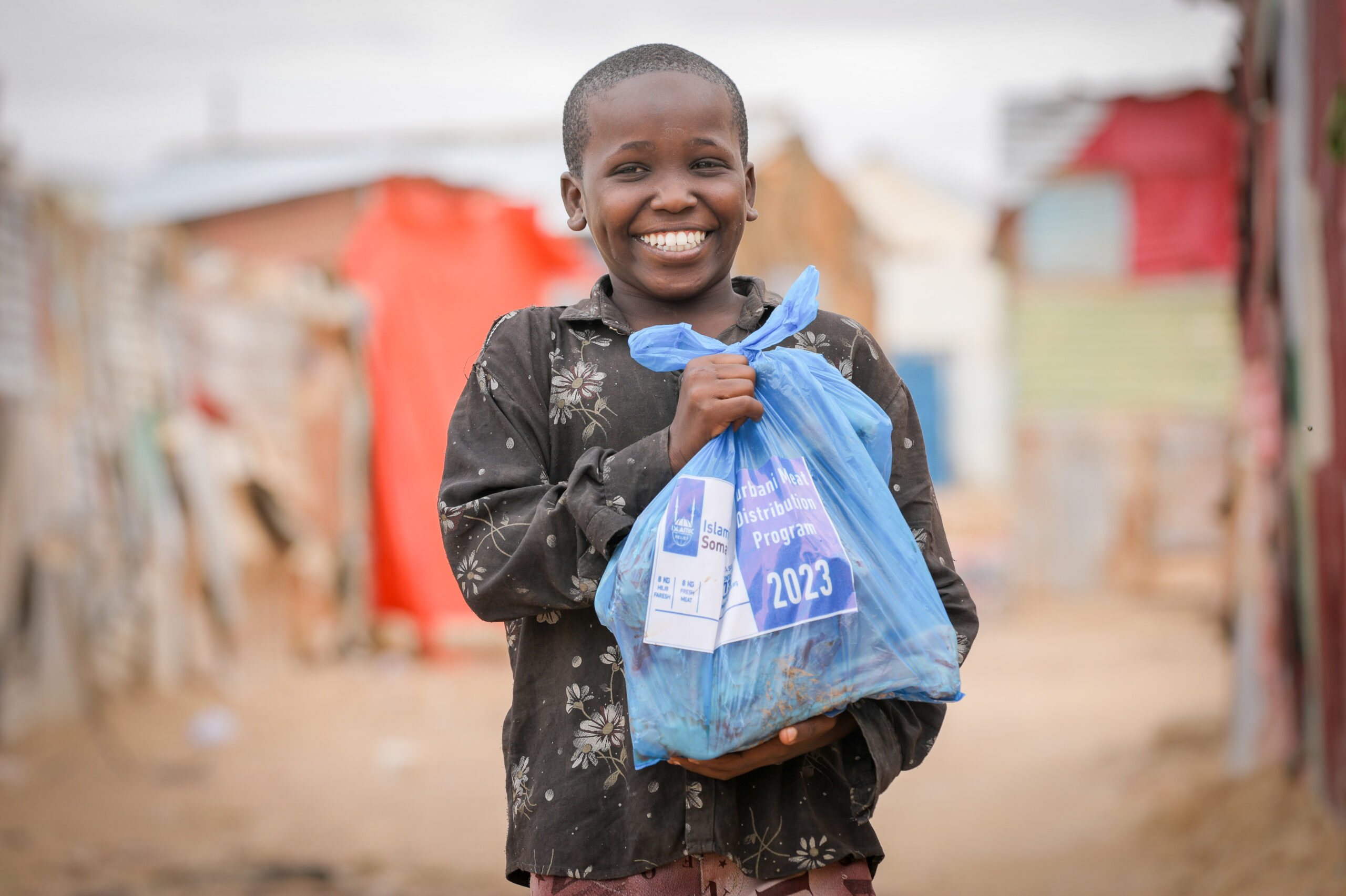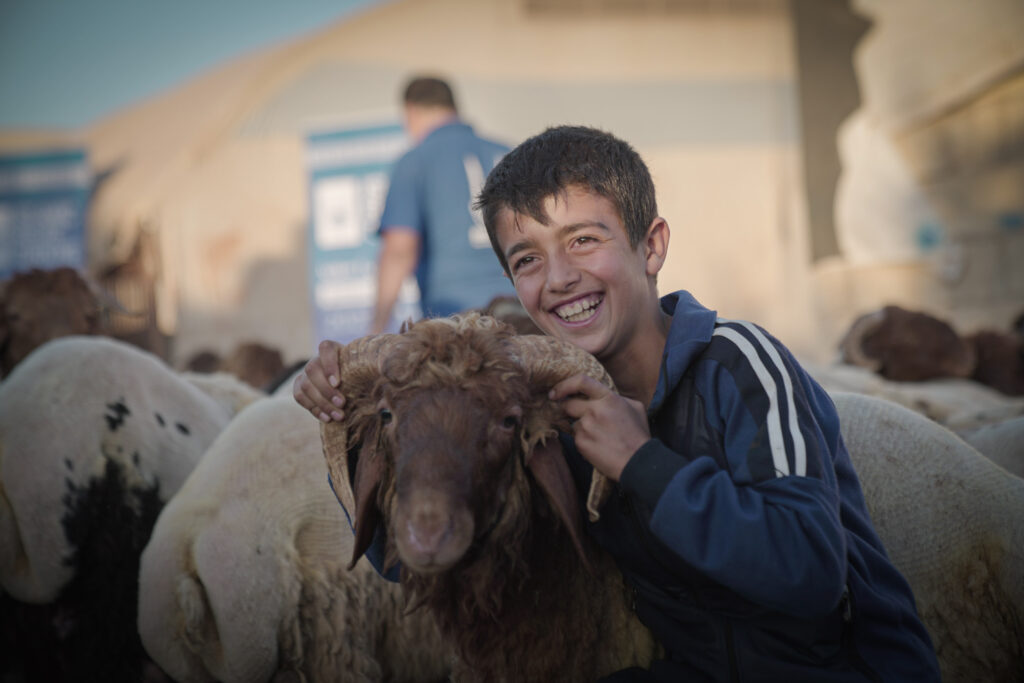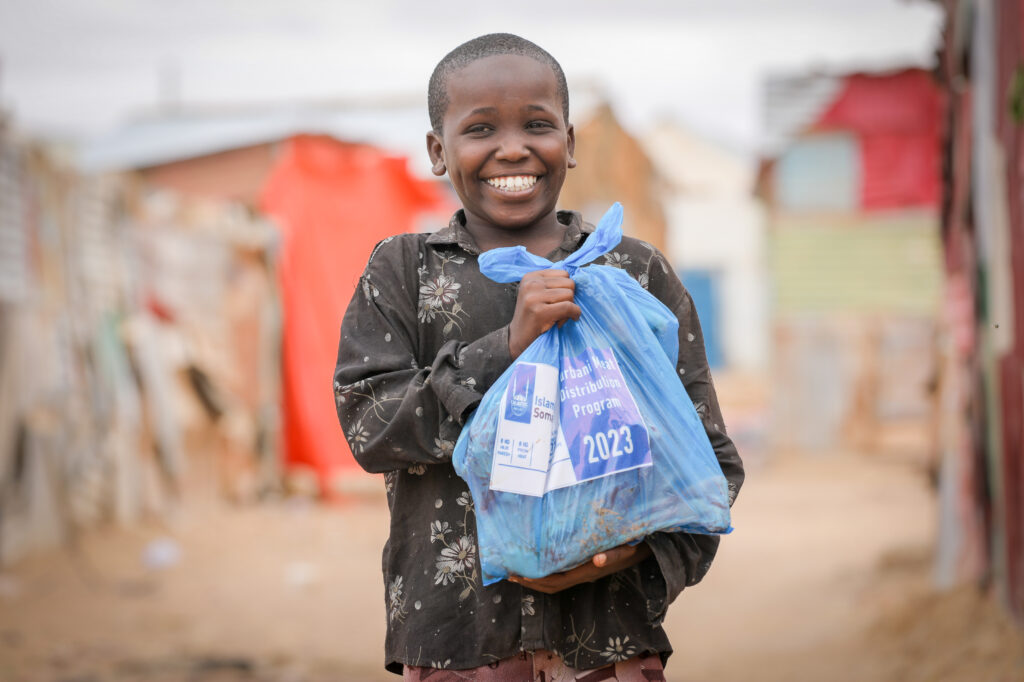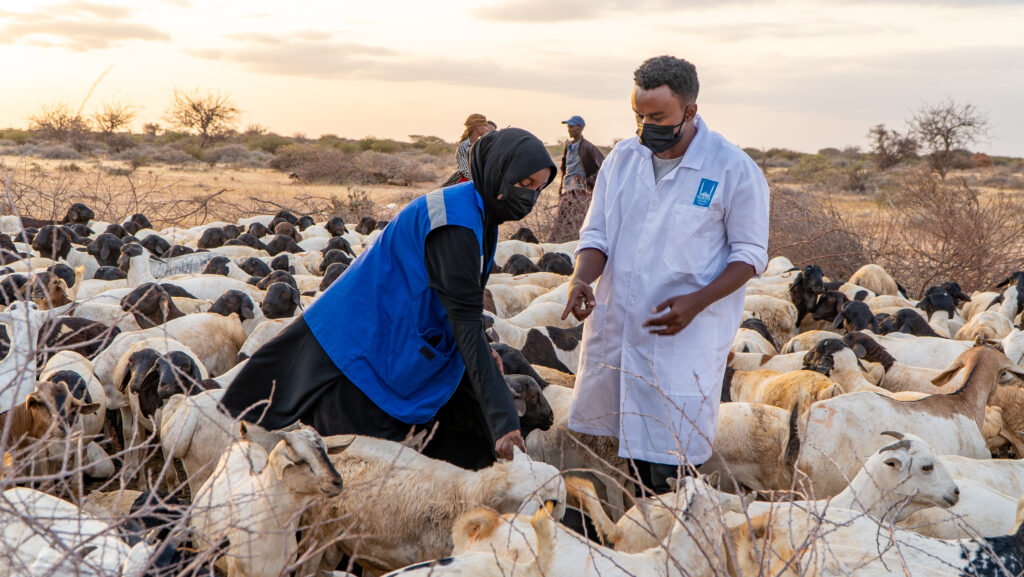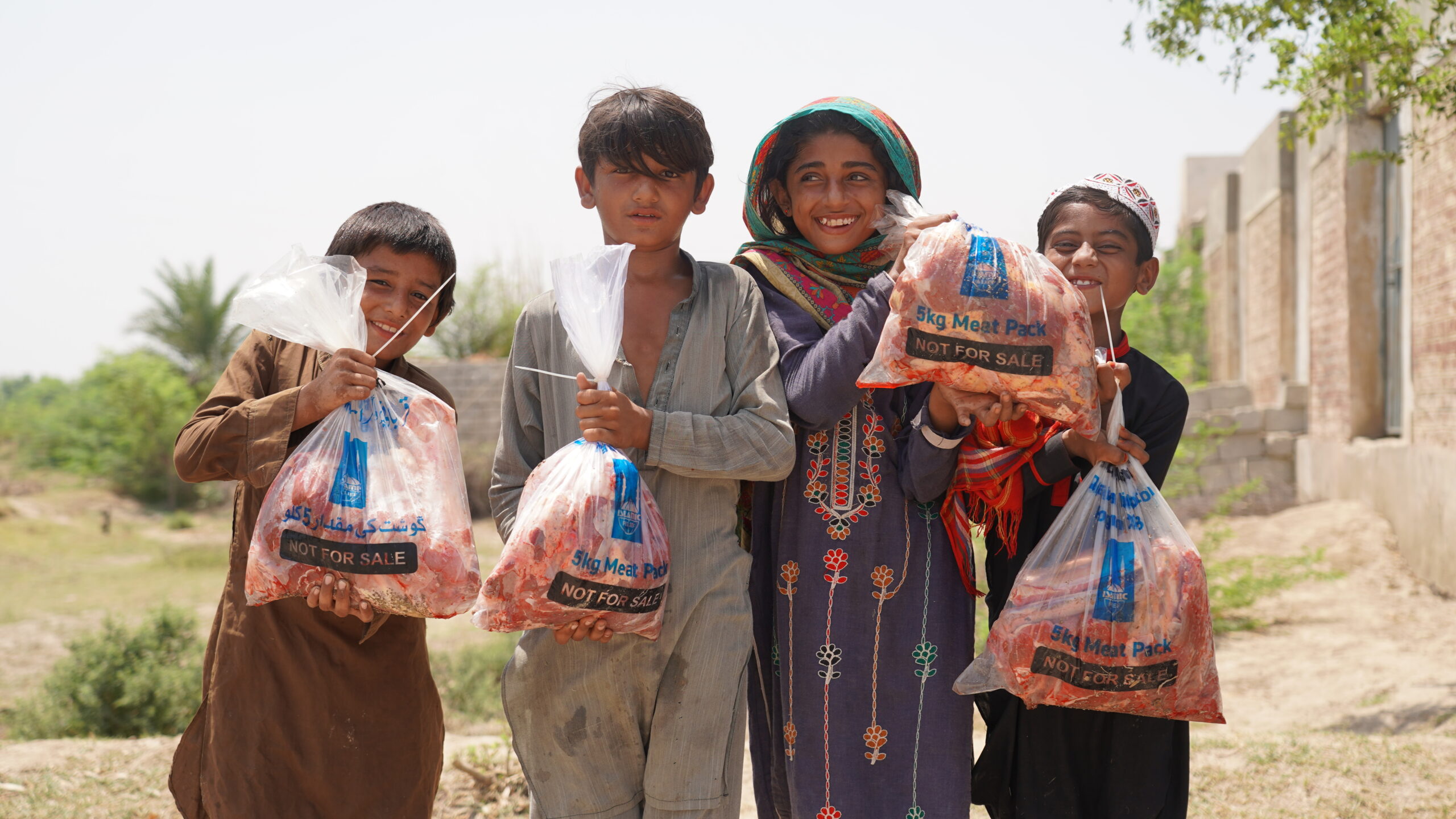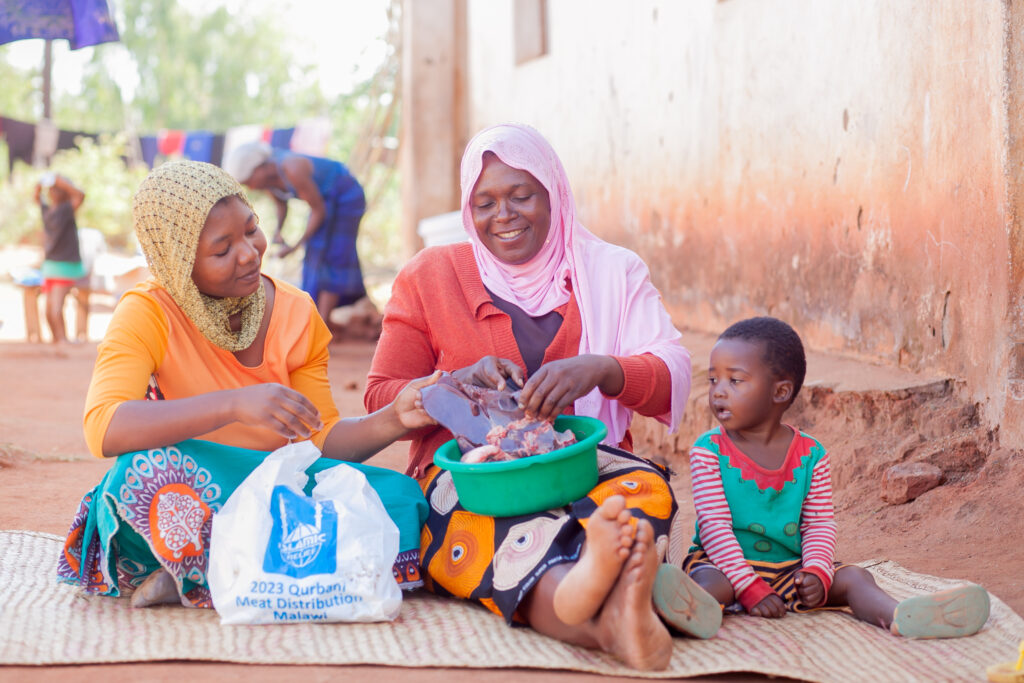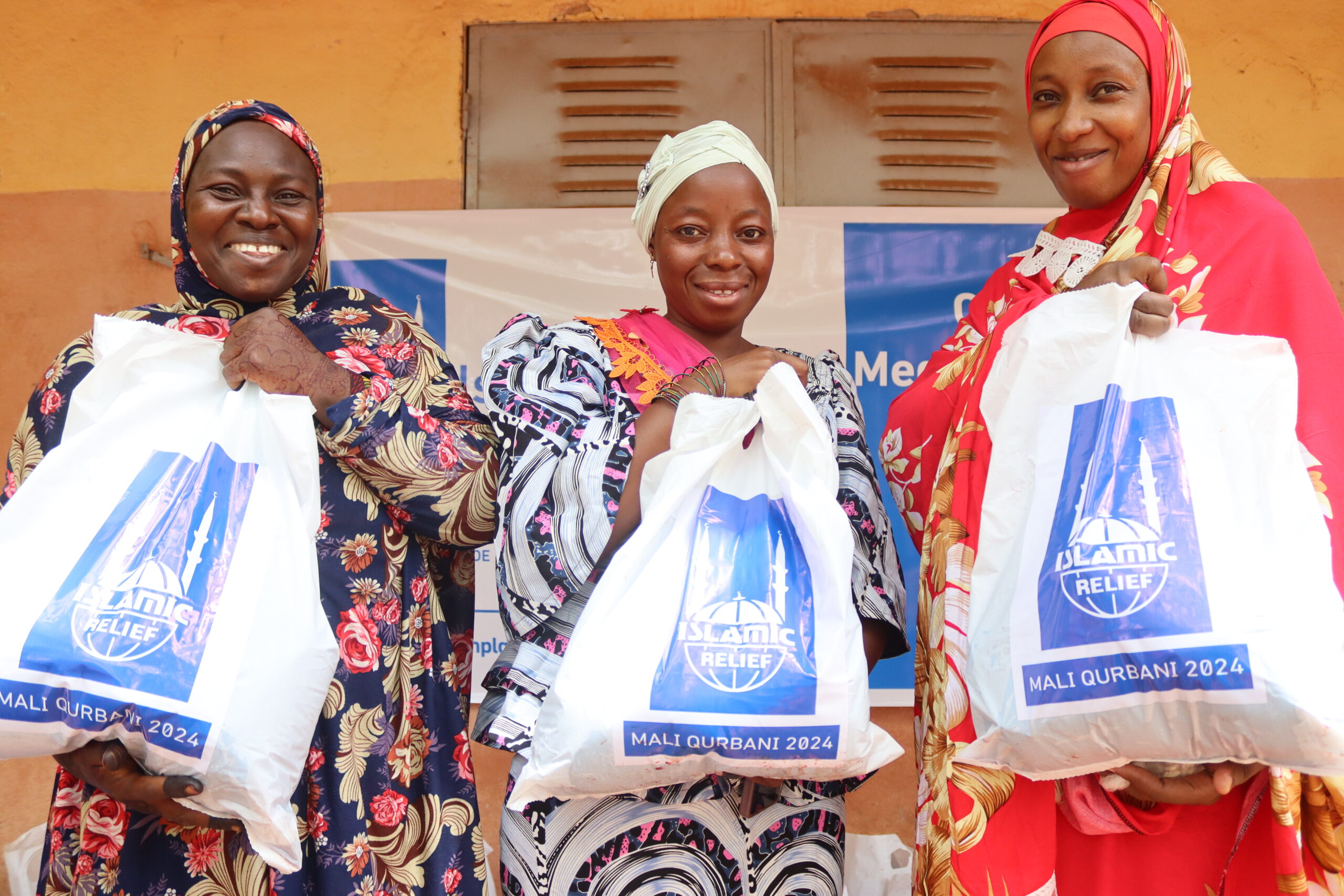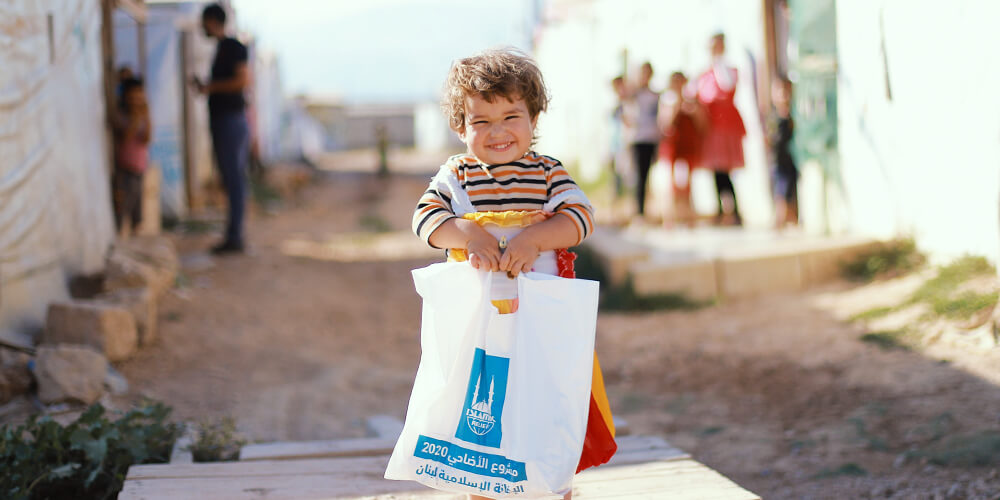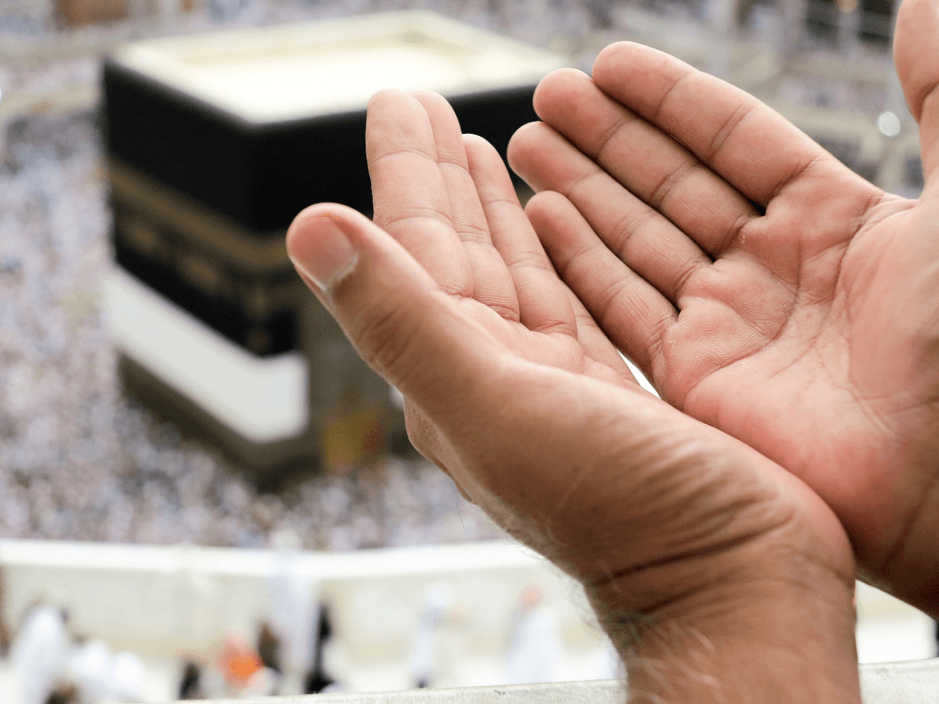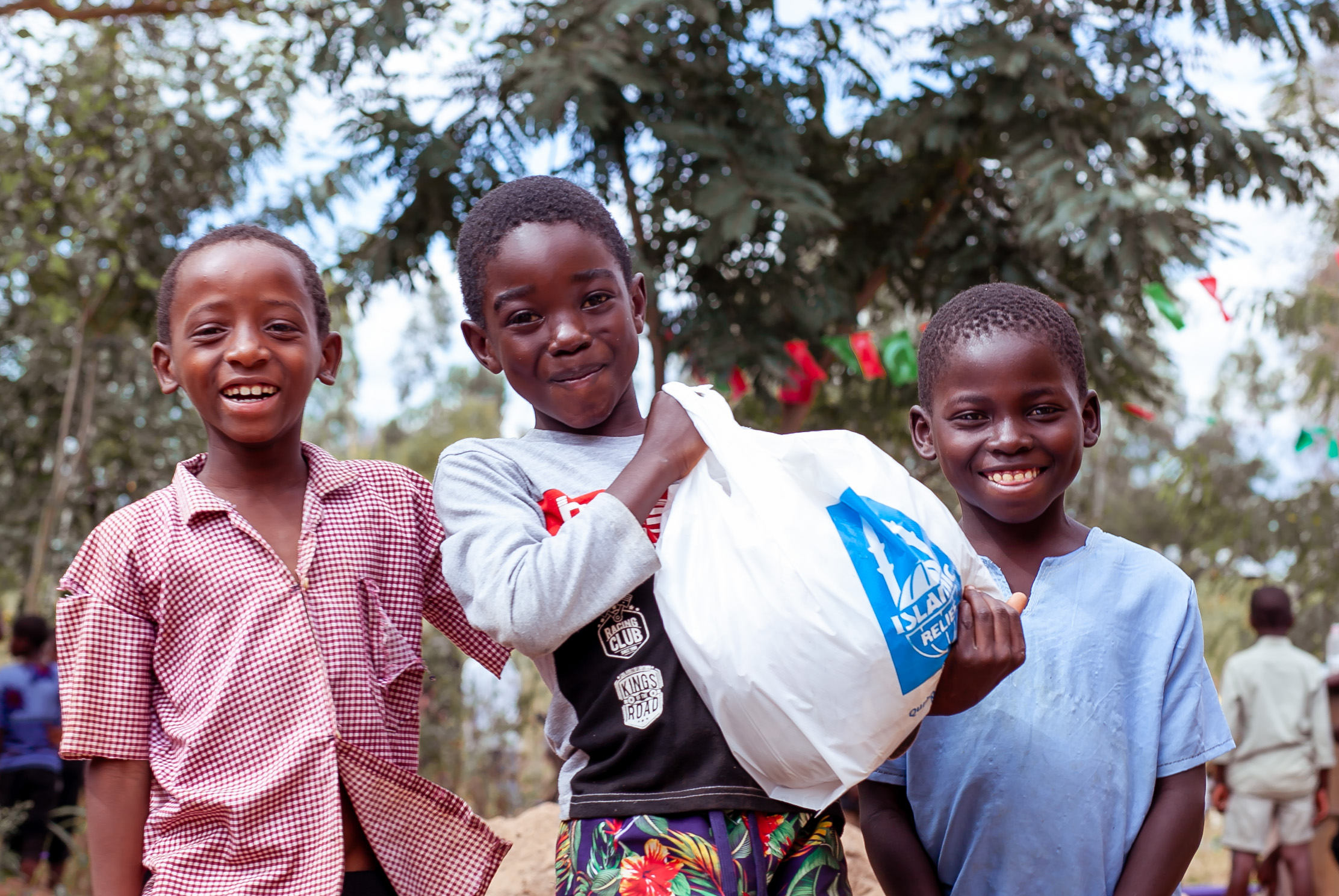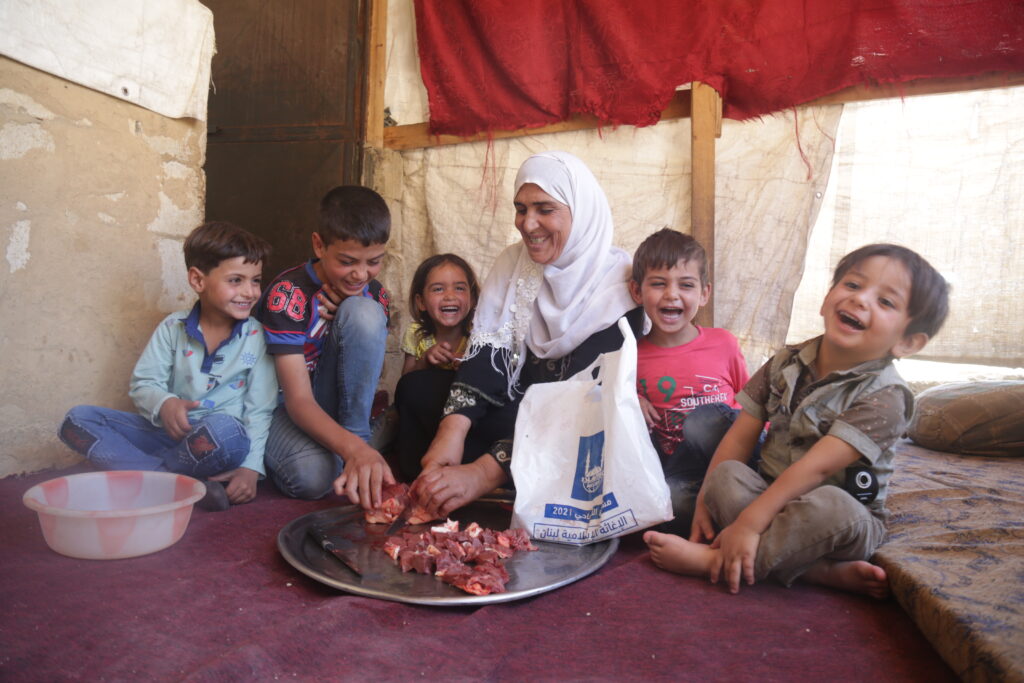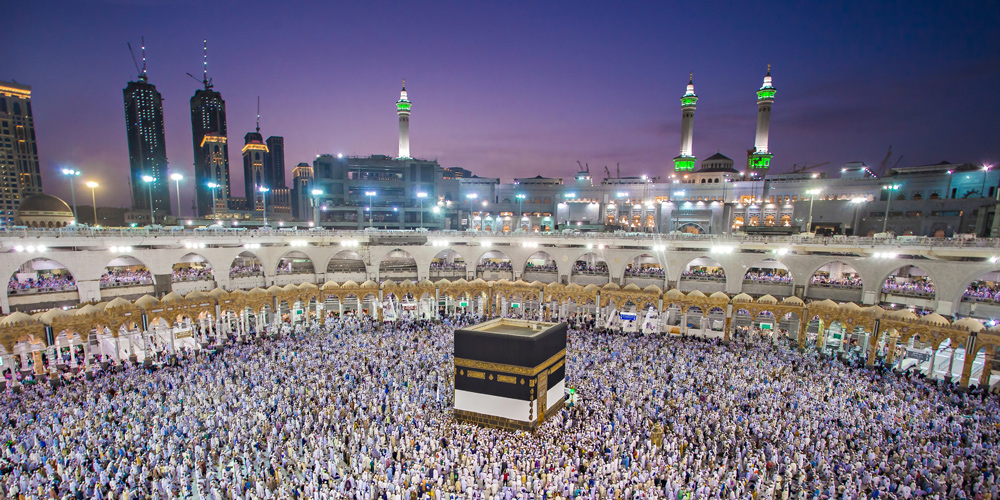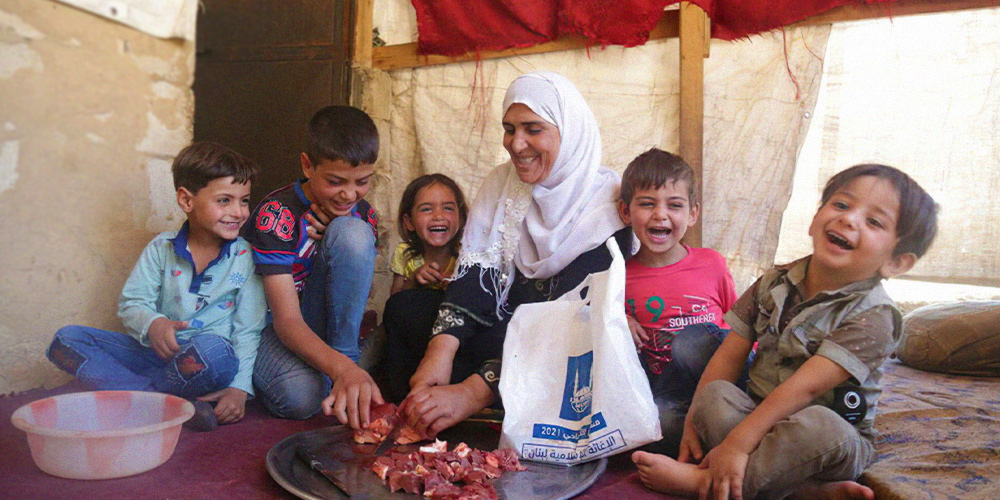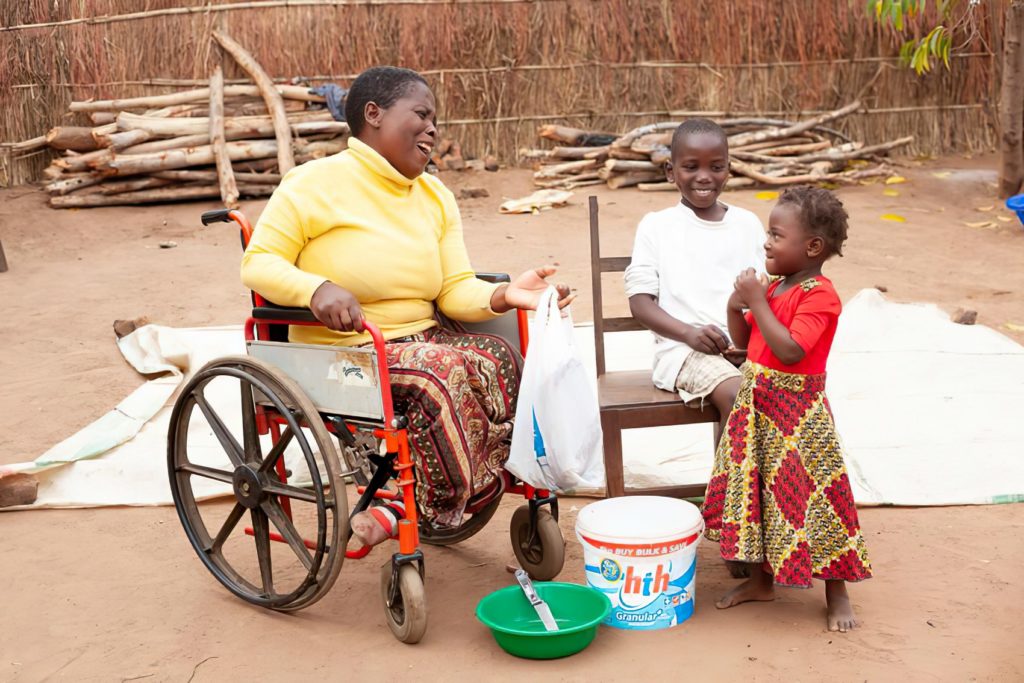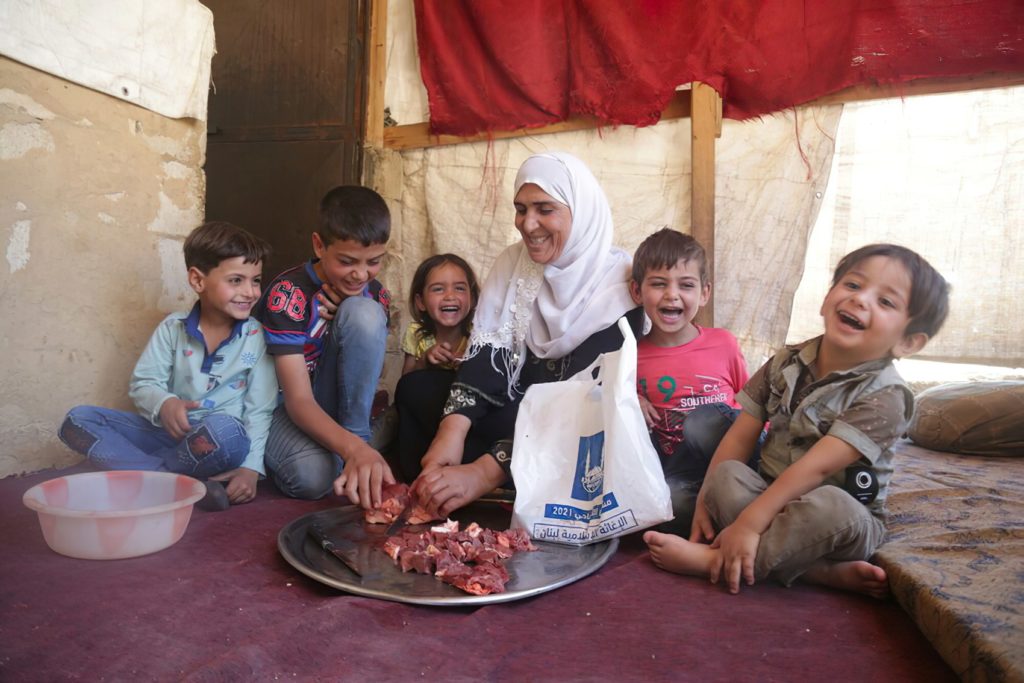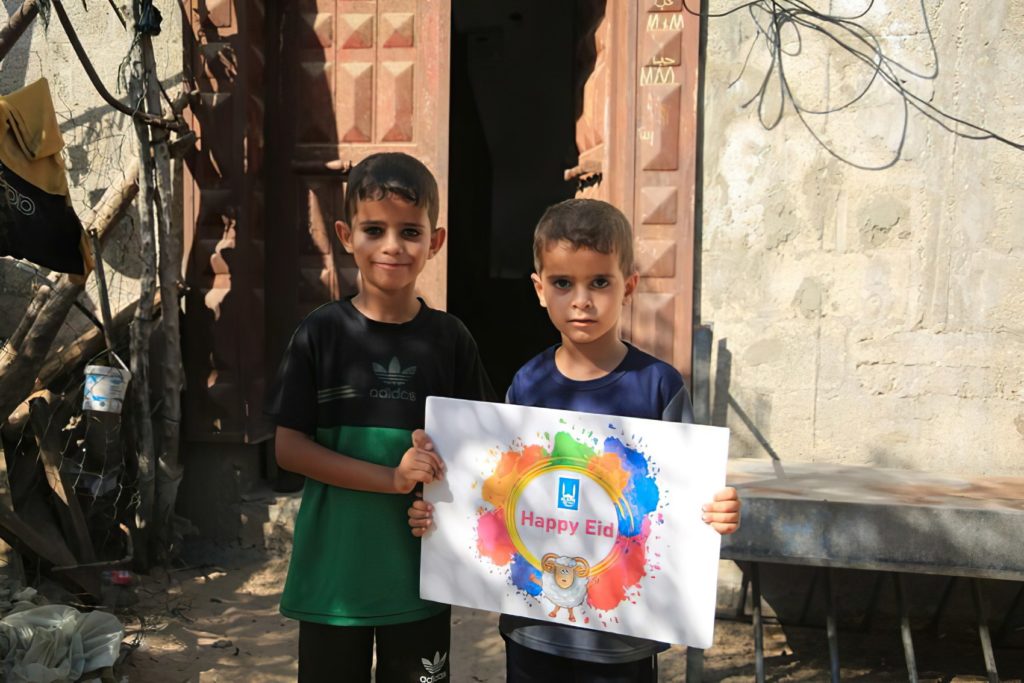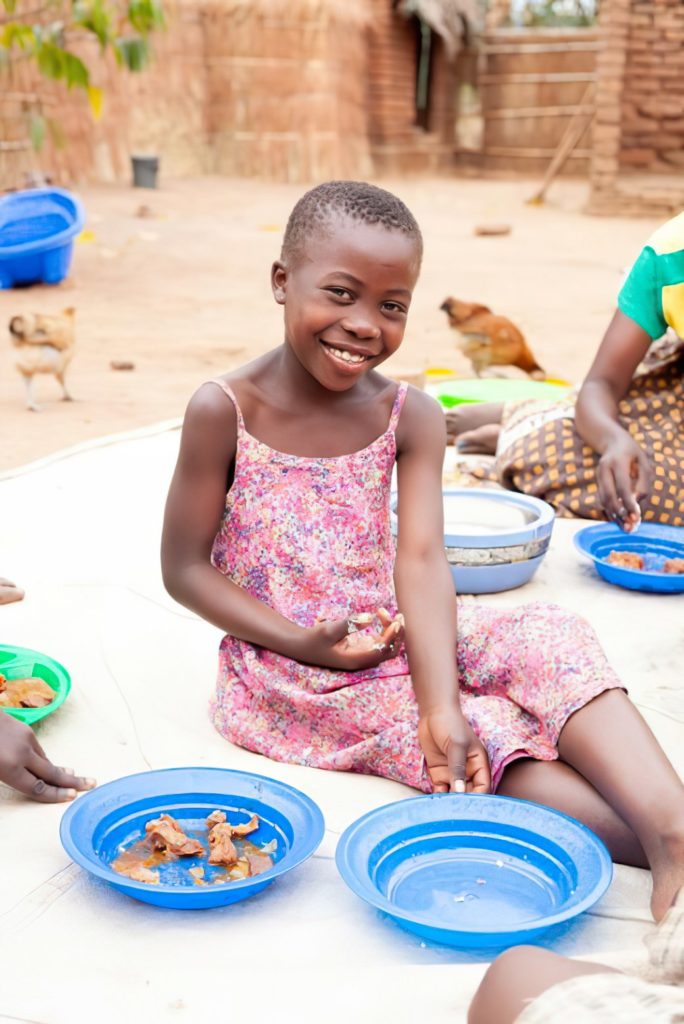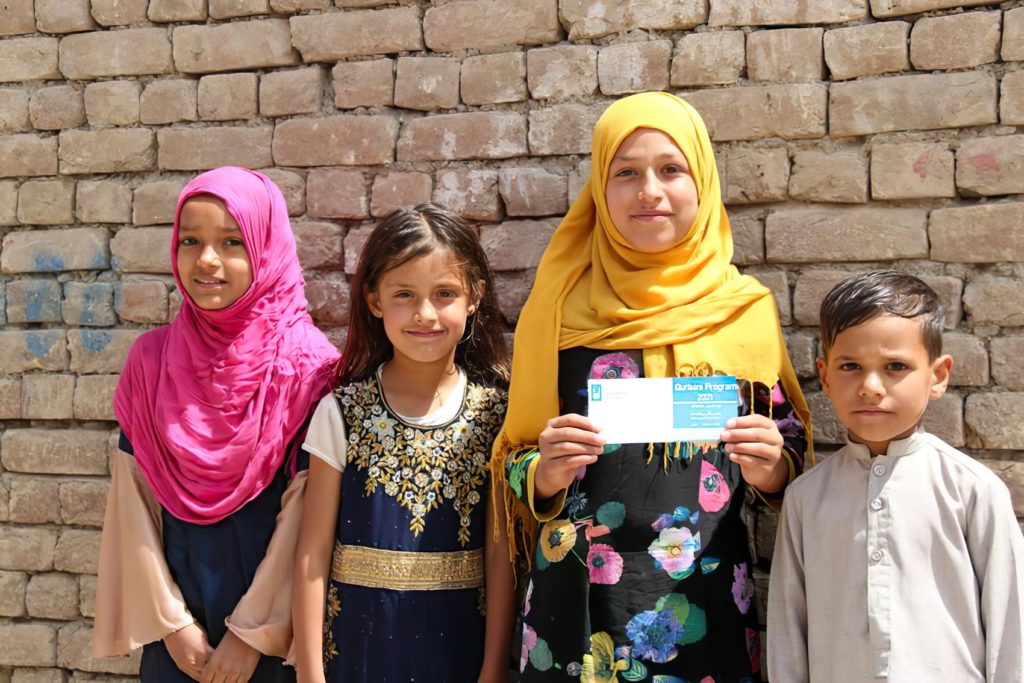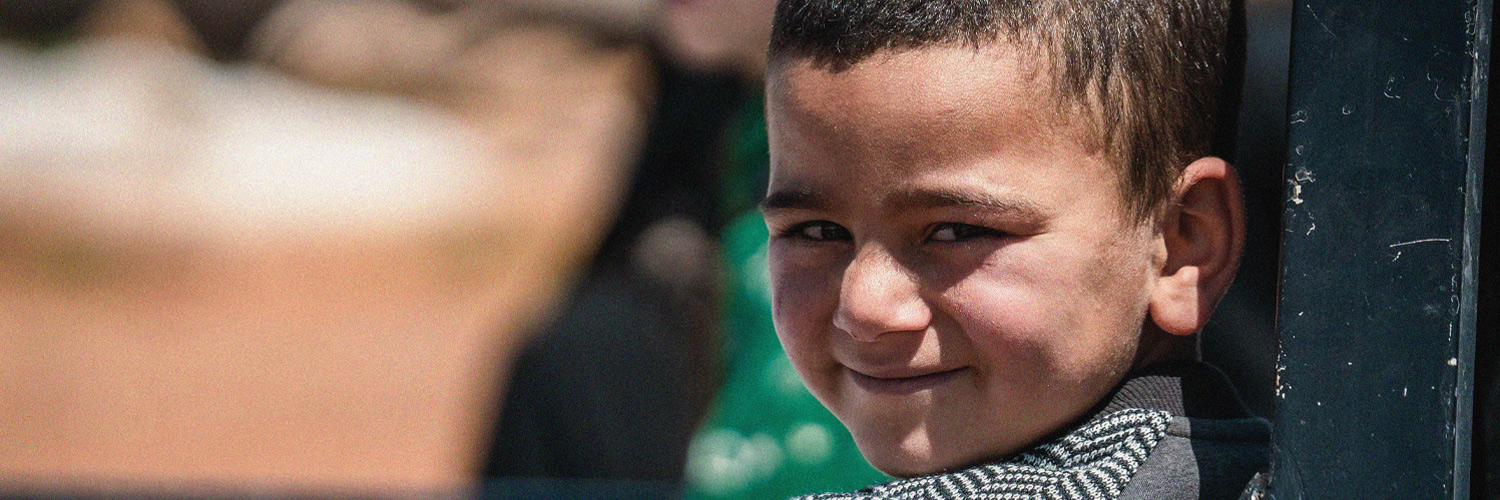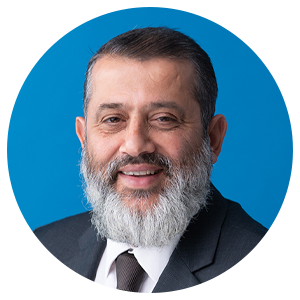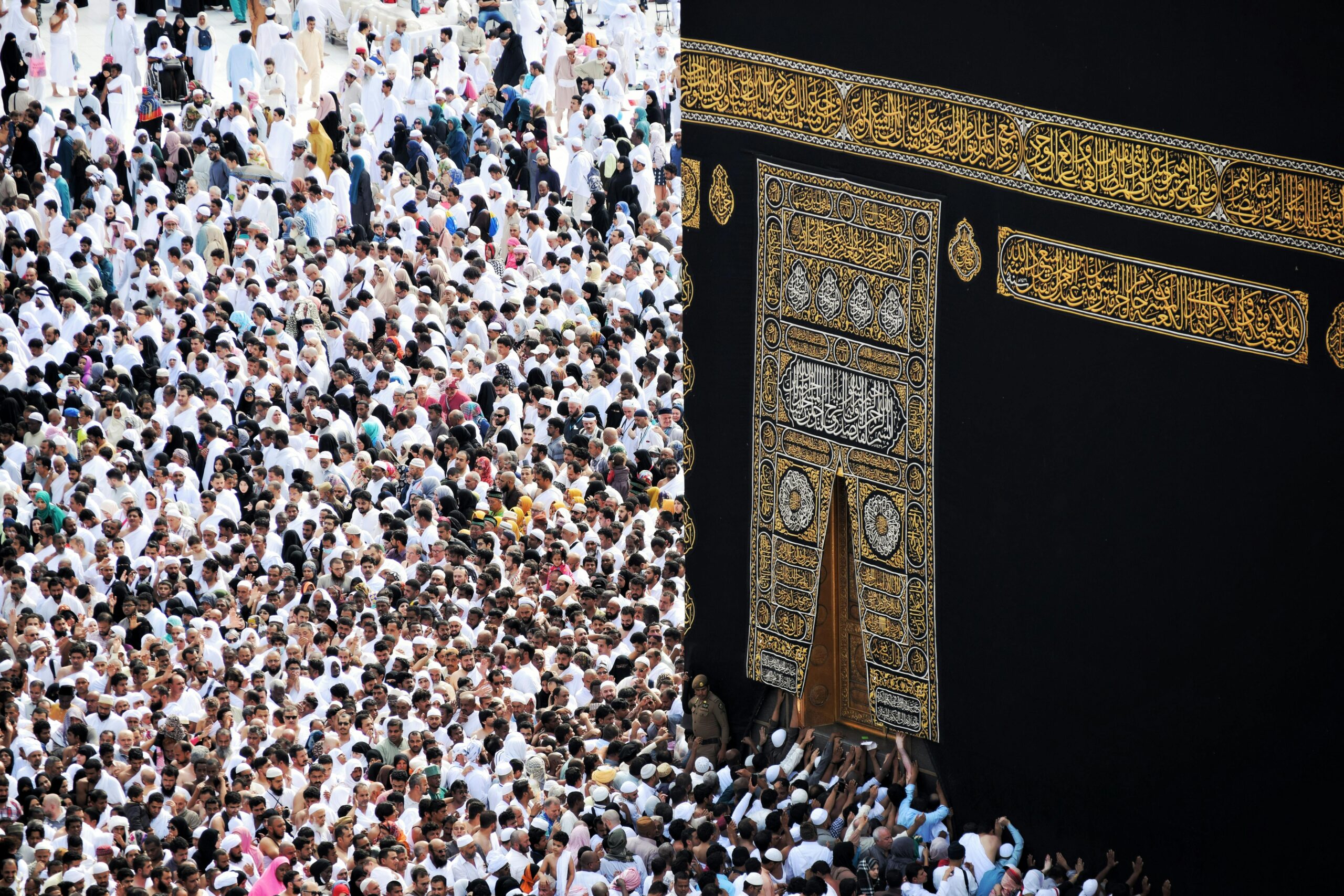
06.07.24
Dhul Hijjah and Sacrifice: The Legacy of Prophet Ibrahim (AS)
The first 10 days of Dhul Hijjah is a sacred time when Allah (SWT) grants many blessings to us. As a time when no deed is more beloved to Allah (SWT), it is also a time for elevating our acts of worship and remembering its legacy of sacrifice. Specifically, the sacrifices made by the Prophet Ibrahim (AS), his wife, Hajar (AS), and his son, Ismail (AS).
Without the trials they were willing to face for the sake of God, we would not have the rituals of the important events of Hajj and Eid Al-Adha, which are integral to the first 10 days of Dhul Hijjah. As their stories remind us of the immense blessings Allah (SWT) grants us for trusting in His Plan.
Hajj and the Story of Hajar (AS)
Hajj, as one of the five pillars of Islam, is a vital aspect of Islam. Starting from the 8th of Dhul Hijjah, the month of the pilgrimage, Muslims from around the world come together to travel to the Ka’aba in Makkah. There, they start to perform the sacred rituals of Hajj.
One of the most significant rituals of Hajj is the pacing between the hills of Safa and Marwa. In Surah Al-Baraqah, it says:
“Behold! Safaa and Marwa are among the symbols of God. So if those who visit the House in the Season or at other times, should compass them round, there is no blame on them. And if any one obeys his own impulse to Good, be sure that God is One Who is Responsive, Knowing.”
Quran 2:158
Decreed as signs of Allah (SWT), Safa and Marwa represent His Divine Protection, Wisdom and Mercy in our times of distress and hardship. The act of pacing between the two hills seven times during Hajj commemorates the hardship of Hajar (AS), one of the wives of Prophet Ibrahim (AS).
Hajar (AS) , Ismail (AS) and the Birth of Makkah
Before Makkah became a thriving city, it was originally a dry and desolate land. Here, Allah (SWT) asked Prophet Ibrahim (AS) to separate from Hajar (AS) and Ismail (AS). Ibrahim (AS) was initially hesitant to leave his wife and son in the desert. But when Hajar (AS) told him to trust in Allah (SWT), he agreed to go.
However, left in the arid desert, Hajar (AS) soon ran out of water and food. Without it, she struggled to sustain herself and the infant Ismail (AS). Desperately, Hajar (AS) paced through the valley between the hills of Safa and Marwa. She searched for signs of life, supplicating and calling out to Allah (SWT) for aid. It was through her patience and trust in Allah (SWT) to provide that Allah (SWT) sent the archangel Jibreel to her. The same angel who would later be sent down to the Prophet Muhammad (ﷺ) to give him Quranic revelation. Soon after Jibreel arrived to aid Hajar (AS), water sprung from the ground beneath the feet of Ismail (AS). Thus, the well of Zamzam came to be – a gift from Allah (SWT)
With the steady water supply, the previously uninhabitable land gave way to life. And when Ibrahim (AS) came back to Hajar and Ismail (AS), he was graced with the sight of a small, but thriving community founded by his wife.
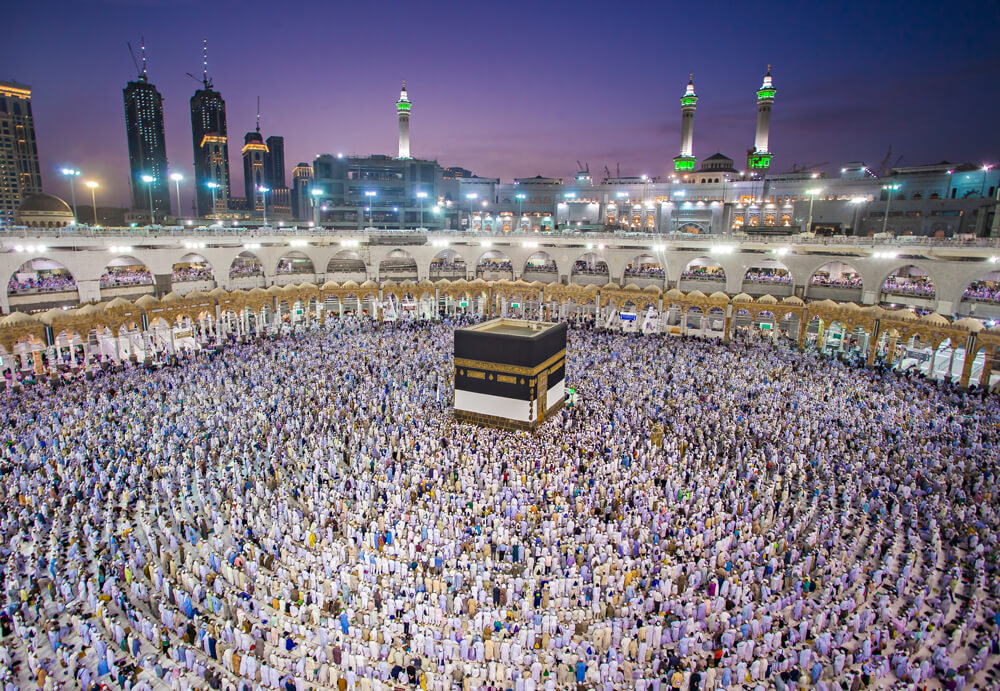
For the Makkah we know today, we owe it to Hajar (AS). Not only for finding this site but also for her sacrifice and trust in Allah (SWT) that brought the area to life. In her story and the rituals of Hajj, we reflect on the capacity of Hajar (AS) to trust and believe in Allah (SWT). And follow her example of cherishing His mercy, love and care for us.
Eid Al-Adha and the Story of Ibrahim (AS)
In Islam, we have two celebration festivals. The firs is Eid Al-Fitr, which signifies the completion of the holy month of Ramadan. The second is Eid Al-Adha, which follows the completion of the annual Hajj pilgrimage, on the 10th day of Dhul Hijjah.
For both Eids, we pray the Eid prayer and share happiness and blessings with loved ones. But on Eid Al-Adha specifically, Muslims worldwide perform Qurban. An act of worship that involves sacrificing an animal – sheep, goat, cow or camel – for the sake of Allah (SWT). The reason we perform this ritual on Eid Al-Adha is because of Prophet Ibrahim (AS). To commemorate his sacrifice and trust in the Divine Will of Allah (SWT).
Qurban and the Devotion of Prophet Ibrahim (AS) and Ismail (AS)
One night, Ibrahim (AS) dreamt that Allah (SWT) told him to sacrifice Ismail (AS), his beloved son. At first, Ibrahim (AS) believed the dream was Shaytan playing tricks on him and immediately disregarded it. However, when the same dream came to him the following night, Ibrahim (AS) came to realise that the dream was, in fact, a message from Allah (SWT).
Ibrahim (AS) loved his son, Ismail (AS), but he had faith in Allah’s (SWT) plan and Divine Wisdom and did as he was instructed. When telling his son about his dream and what Allah (SWT) had commanded him to do, Ismail (AS) reassured his father. He too would follow the wishes of God and urged his father to perform the sacrifice.
Then when the boy reached the age to work with him, Ibrahim said, “O my dear son! I have seen in a dream that I ˹must˺ sacrifice you. So tell me what you think.” He replied, “O my dear father! Do as you are commanded. Allah willing, you will find me steadfast.”
Quran 37:102
For their willingness to sacrifice for the sake of God, Allah (SWT) rewarded them both for their steadfastness. He replaced Ismail (AS) with a ram, who was then slaughtered in his place.
In this story, we see that Eid Al-Adha is not just a celebration. It is a remembrance of one of the greatest sacrifices in history. A festival where we commemorate and be inspired by the trust and belief Prophet Ibrahim (AS) and Ismail (AS) have in Allah (SWT) and His Divine Protection.
Dhul Hijjah and the Legacy of Sacrifice and Devotion
Indeed, Prophet Ibrahim, Hajar, and their son Ismail (may peace be upon them all) experienced many hardships in their lives. But Allah (SWT) always came through and showered them with mercy and blessings for their steadfast belief and gratitude towards Him.
As such, the month of Dhul Hijjah is about honouring this legacy of sacrifice and devotion to Allah (SWT). In these most blessed days, take this learn from the stories of Prophet Ibrahim, Hajar and Ismail (may peace be upon them all). To trust that Allah (SWT) knows best for us. To offer support when we see others struggling.
By renewing our intentions to do good deeds and love one another for the sake of Allah (SWT), we have a great opportunity to improve our lives and the lives of others. To be the difference that changes the world for the better, in the 10 greatest days of the year.
Give for the sake of Allah (SWT)
Take advantage of the most rewarding days of the year; give your Qurban and increase your acts of Sadaqah before the ten days are over.


